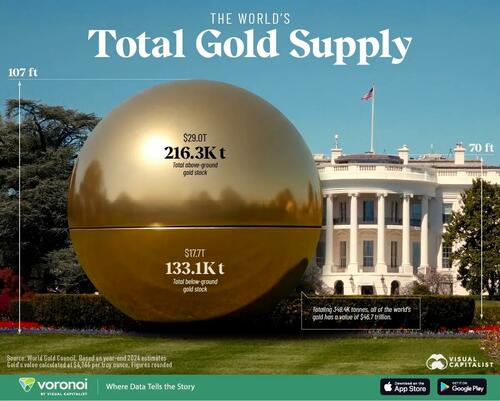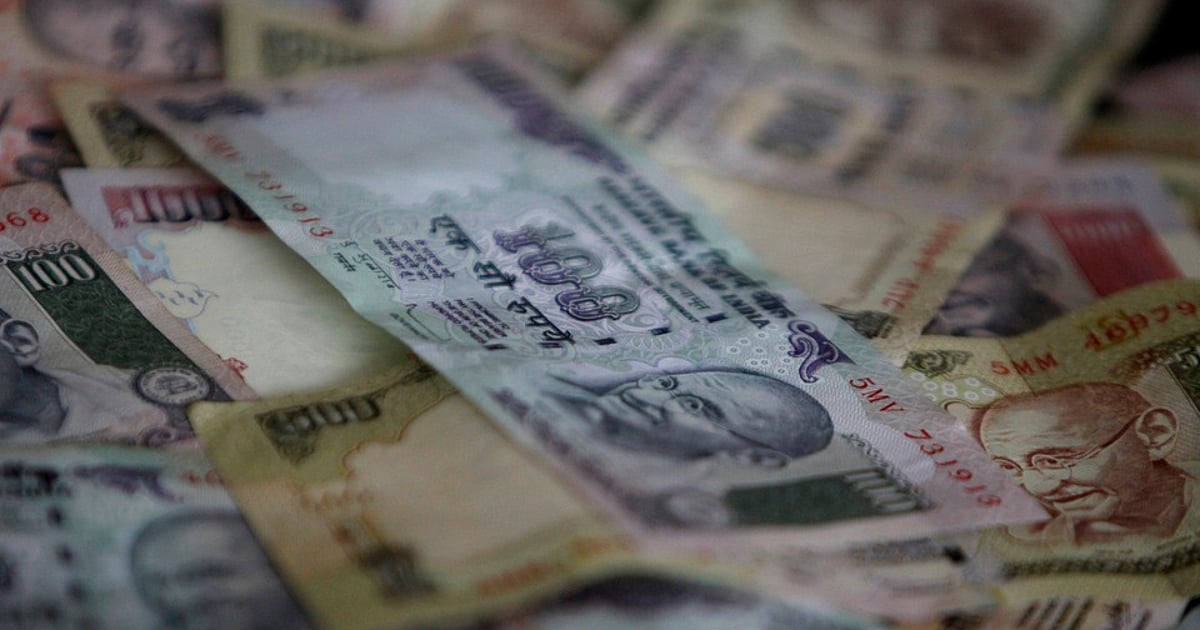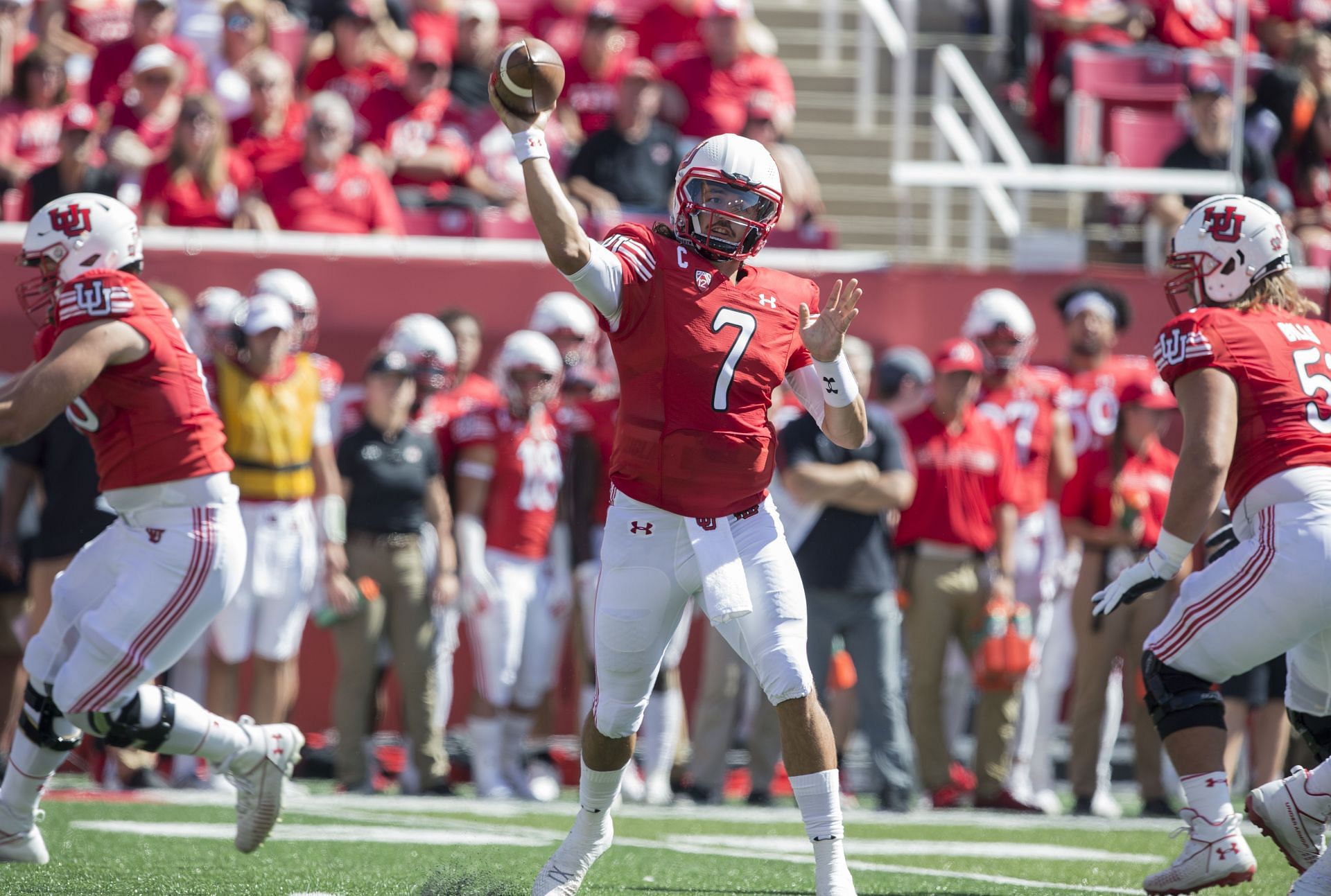Taiwan, living under the shadow of its estranged sibling, the Communist behemoth China, goes to election today to elect its president, vice-president (VP) and members of the Legislative Yuan (Parliament). The ruling Democratic Progressive Party (DPP) first won office in 2000 defeating the pro-Beijing Kuomintang (KMT) party that had ruled Taiwan for more than 50 years. The KMT regained power when Ma Ying-jeou was elected president only for the DPP to wrest back office in 2016 when Tsai Ing-wen won the presidential election. Tsai was re-elected in the 2020 election, which was held in the backdrop of Beijing’s clampdown on the democracy movement in Hong Kong, an issue that had significant resonance in Taiwan.

This time, Taiwan is witnessing a triangular contest involving the DPP candidate William Lai, who is also the outgoing VP, Hou Yu-ih of the KMT, and the Taiwan People’s Party candidate and former mayor of Taipei, Ko Wen-je. The contest is reportedly very close though many predict that the DPP candidate will scrape through. The election to the Legislative Yuan is equally important. If William Lai wins the presidential race, but the DPP fails to secure a majority in the Legislative Yuan, it may lead to a legislative logjam.
The major issue in the election is the approach of the presidential candidates to the Communist regime in Beijing. During its tenure in office, the KMT had reached out to Beijing: President Ma signed the Economic Framework Agreement (ECFA) in 2010 and, later, met with Chinese President Xi Jinping in Singapore on the margins of the 2015 APEC summit. However, the outgoing president, Tsai Ying-wen has made cross-Strait relations contingent on democracy and Beijing respecting Taiwan’s sovereignty. Sensing the mood of the people, the KMT has recalibrated its stance towards communist China. Leader of the KMT, Johnny Chiang recently said in Taipei that he was in no rush to travel to Beijing to meet President Xi. He also said that China’s offer of “one country, two systems”, as adopted in Hong Kong, has “no market” on the island, “where people like their freedom”.
The consolidation and deepening of electoral democracy in Taiwan has been an anathema to the Communist regime in Beijing. This remarkable political transformation in Taipei is considered to be an even greater achievement than the much-acclaimed Taiwanese economic miracle.
It has been the avowed objective of China to reunite Taiwan with the mainland through whichever means it takes — military and economic coercion, intimidation, cyber warfare, blockade of the Taiwan Strait, cajoling through united front tactics, informational warfare, and grey zone tactics. China, which is already the second largest economy in the world, has already added Hong Kong and Macao to its economic and territorial heft. Unification with Taiwan will enable Beijing to further strengthen its economy and challenge the supremacy of the United States. Taiwan is the leader in the semiconductor industry and the Taiwan Strait is critical to the Indo-Pacific. Incorporating Taiwan into its regime of influence will enable Beijing to have complete sway over the Indo-Pacific. Whichever party or group of parties wins the elections, the island nation will try to preserve and protect its hard-earned freedom, independence and democracy.
This is why the elections in Taipei are significant.
Rup Narayan Das is a former Taiwan fellow at the National Chung Hsing University, Taichung, Taiwan, and a former senior fellow at the Manohar Parrikar Institute for Defence Studies and Analyses. The views expressed are personal
Continue reading with HT Premium Subscription
Daily E Paper I Premium Articles I Brunch E Magazine I Daily Infographics

















